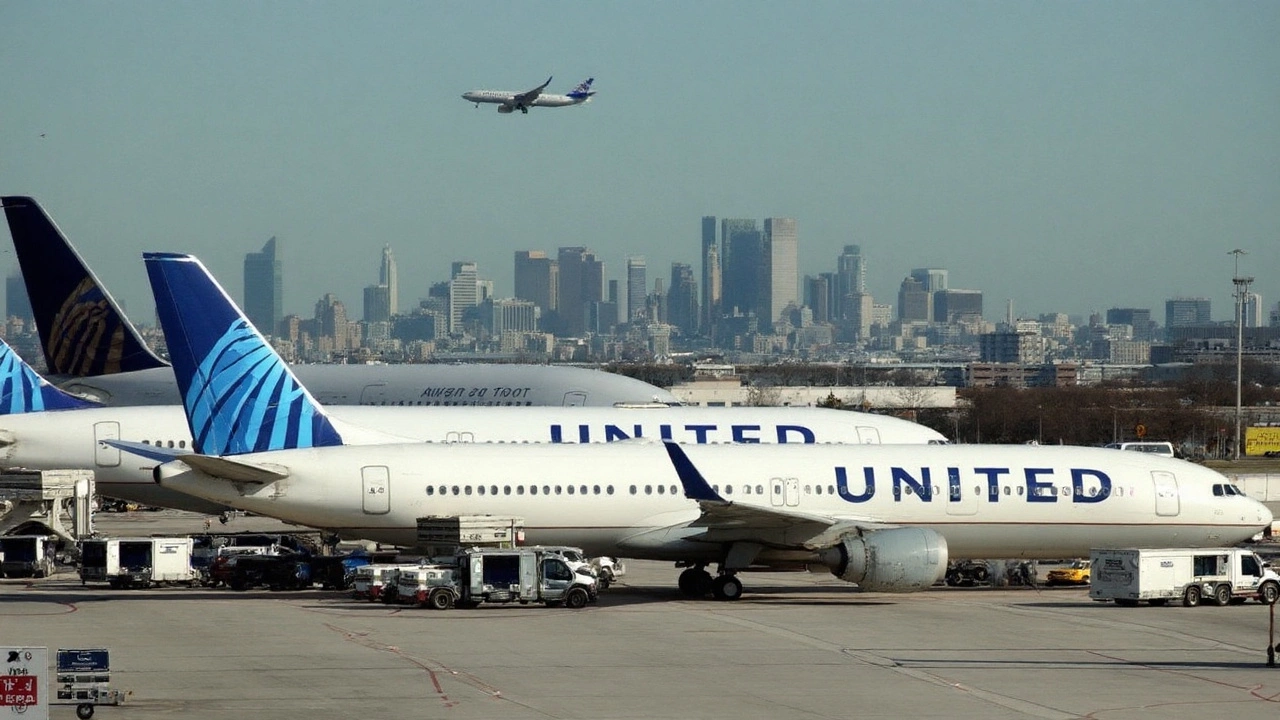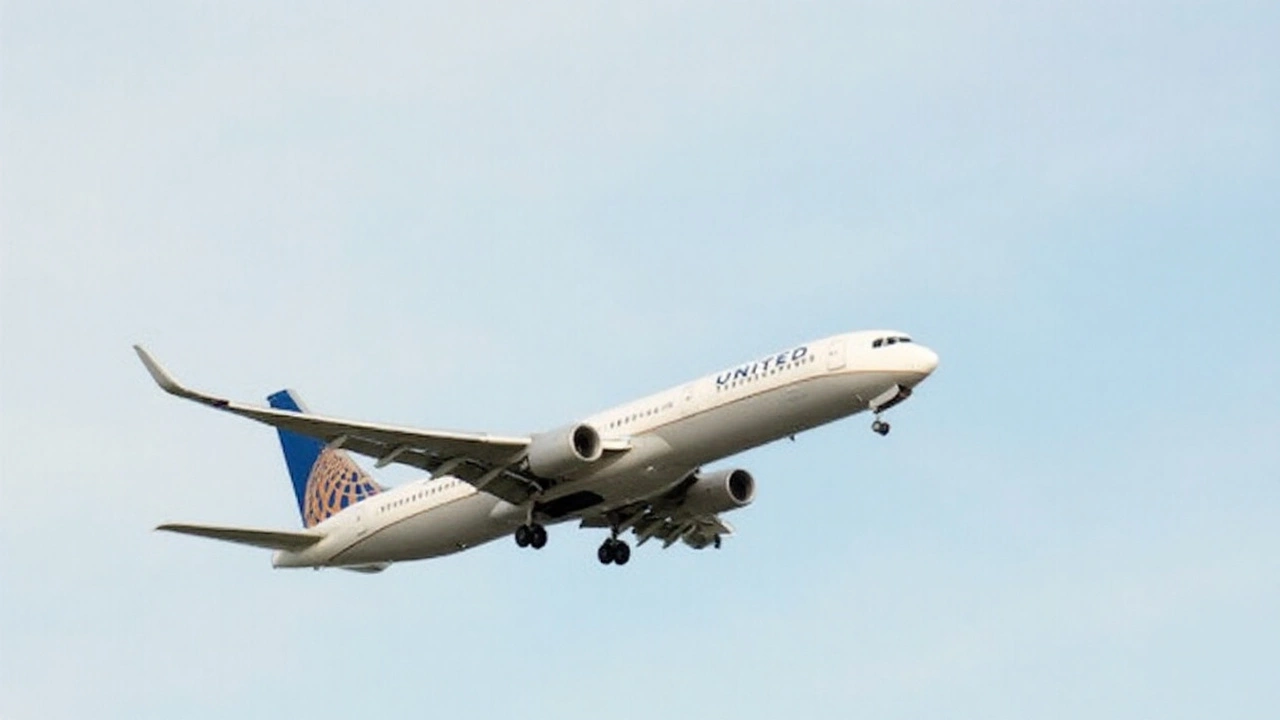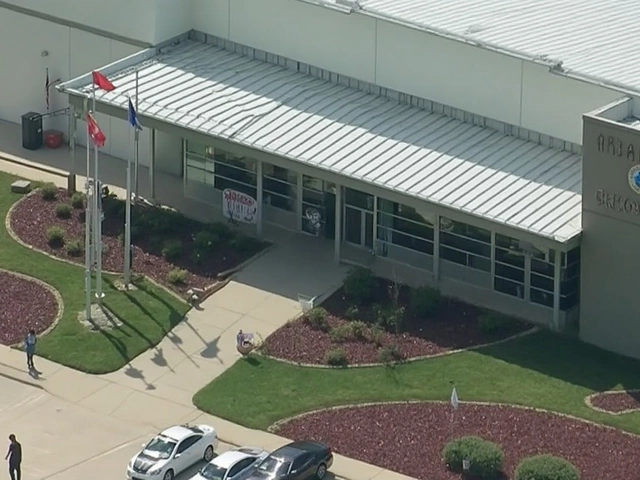United's Tech Failure Stops Flights Across U.S.
Travelers stuck at the gate, text messages pinging in frustration, and the familiar voice over the intercom saying, “We appreciate your patience”—that was the scene at airports around the U.S. on August 6, 2025, after United Airlines suddenly grounded all of its mainline flights. The culprit? An internal technology failure that brought national travel grinding to a halt, underscoring just how much airlines now lean on computers to get planes in the air.
The trouble started early in the evening, around 5:12 p.m. CT, right as airports were gearing up for busy afternoon and evening departures. The issue traced back to United’s Unimatic system—a decades-old but deeply integrated flight management platform. This is the system that handles things like aircraft weight and balance (crucial for safe takeoff and fuel planning) and the latest flight tracking details. So when Unimatic hiccupped, United’s mainline planes had no choice but to stay on the ground.
Major United hubs like Chicago O’Hare, Houston Bush Intercontinental, Denver, San Francisco, and Newark quickly became jammed with delayed travelers. People were told to stay put as updates filtered in from United’s operations. The Federal Aviation Administration (FAA) reported that O’Hare, which already runs on tight schedules, was averaging delays stretching up to ninety minutes—a nightmare for anyone hoping to make a connection or get home in time for dinner. While most of the focus was on United-branded jets, smaller United Express regional flights officially kept flying. Even then, it didn’t mean smooth sailing—the congestion at big airports meant backups for everyone, regardless of the size of their plane.

Passengers Left Hanging and United’s Response
Inside the airports, people crowded gate agents and checked for updates on their United app, only to see uncertain departure times. The company scrambled to get its arms around the problem, with IT staff working to restore Unimatic and operations staff fielding rising complaints online and in person. Flight crews and ground staff weren’t immune—they rely on the same tech, so even they were waiting for news before they could load passengers or get in the cockpit.
By 9 p.m. CT, United announced it had finally resolved the technology issue. Flights could start moving again, but the backlog was real. Planes and crews were out of position, airport gates clogged, and baggage left waiting. Some flights continued their journeys during the disruption, especially those that managed to leave before the order or didn’t require access to affected parts of the system. For most, though, it was a tense wait for normal service to return, with the airline warning residual delays could spill into the following day.
- United said passengers could rebook their affected flights between August 6 and 16, 2025, with no extra fees or fare increases—as long as they kept the same city pair and class of service.
- The airline clarified that this embarrassing meltdown had nothing to do with ongoing cybersecurity worries in the airline industry. It was simply an internal tech failure, not a hack or data breach.
- United also reminded travelers that safety would always take priority over pushing through departures when system data wasn’t trustworthy.
The ripple effect hit more than just individual travelers. Airlines run on slim timelines, so when a major carrier slams the brakes, the whole system feels it. Delayed and cancelled flights mean stranded crews, out-of-sequence aircraft, and, for some, missed vacations or critical business meetings. Even after the system came back online, United’s operations department had a lot of catching up to do.
One major takeaway: in a world where airlines are deeply wired into older but mission-critical tech like Unimatic, a single glitch can derail plans for thousands. Travel headaches like this don’t just show the pain of one company—they highlight the vulnerabilities lurking in the digital backbone of global air travel.





